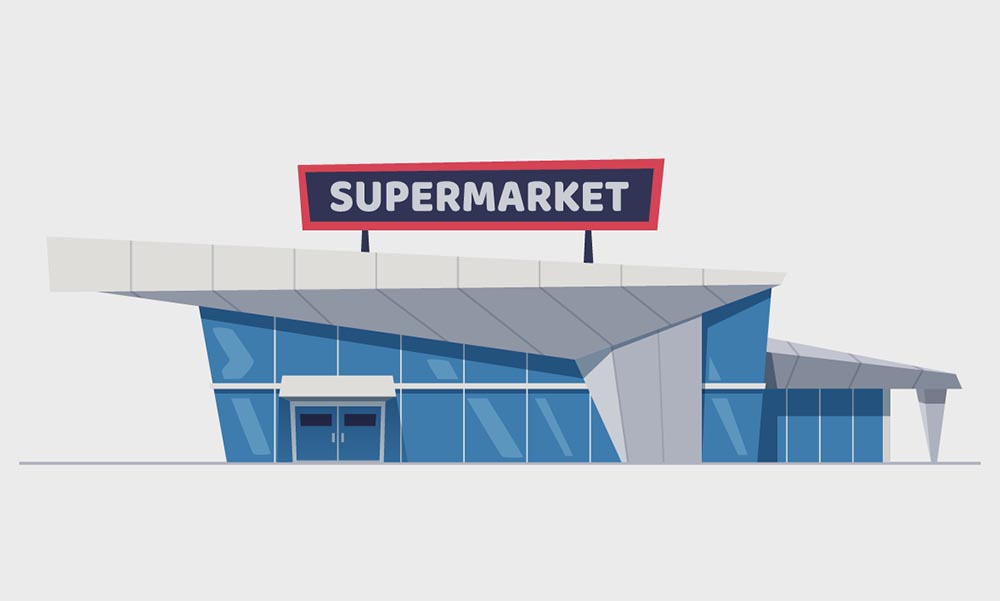Consumers increasingly want to know where their food comes from. After all, if they’ve chosen to pay a premium for food that is organic or fair trade or, at the very least, from a source they trust, then they want reassurance that they are actually getting what they paid for, rather than a lower-value substitute.
This isn’t just true of food, of course, there are lots of products to which it could be applied, but food is a particularly key area, partly because it is a core purchase and partly because there have been a number of scandals associated with it over recent years.
That’s why IBM has developed a food-tracking blockchain and why French retailer Carrefour has chosen to implement it.
Tracing produce from field to plate
While blockchain is, of course, intrinsically associated with Bitcoin, it has all kinds of non-financial applications. The whole point of blockchain is that it provides secure, end-to-end tracking of anything to which it is applied, whether that’s a financial transaction or a physical product. What’s more, it can do so with a much greater level of accuracy and speed than has been possible until now.
Without blockchain, tracing the source of food means relying on old-fashioned manual processes so, for example, a retailer would contact their supplier, who would contact their supplier and so on until, finally, hopefully, the source of the food was ultimately determined. With blockchain, the exact provenance of any food item can be checked with the sort of speed expected in the digital world.
Carrefour is only one name among many who are coming to rely on blockchain technology
Carrefour is one of the biggest retailers in Europe, roughly equivalent to Walmart in the U.S., which is also in the process of implementing blockchain tracing of its food produce. Manufacturing giants Dole Food, Kroger, Nestle, Tyson Foods and Unilever have also implemented their own schemes for similar reasons, namely the importance of ensuring both provenance and food security.
Ensuring provenance
Over recent decades, consumers have become increasingly aware of the power they have in their shopping trollies and their ability to influence brands and even governments by the purchases they choose to make or not make. Of course, consumers can only do this if they can be sure that they are definitely choosing or avoiding products in line with their values, hence the importance of being able to demonstrate provenance.
Ensuring food security
The concept of food security is closely linked with that of food security since good practices tend to mean good food hygiene and food that is safe to eat. It does, however, have to be remembered that food is a natural product and, with the best will and best practices in the world, it can never be 100% guaranteed that food will be entirely free of contaminants. Using blockchain, however, can mean that when issues are detected, they can be resolved swiftly, thereby keeping consumers safe in an acceptable time period.

